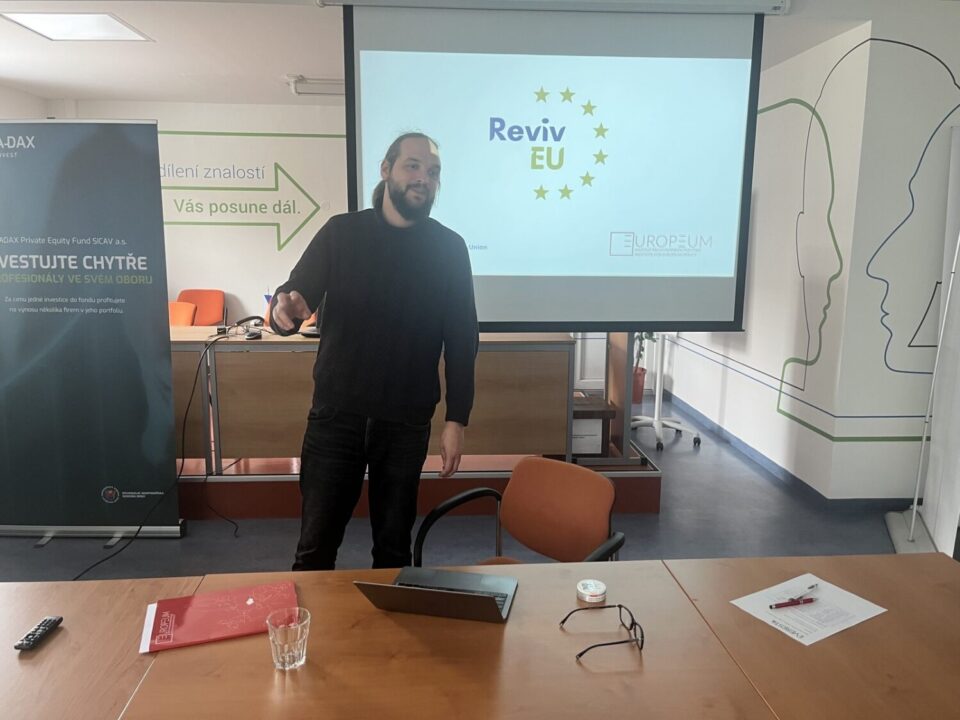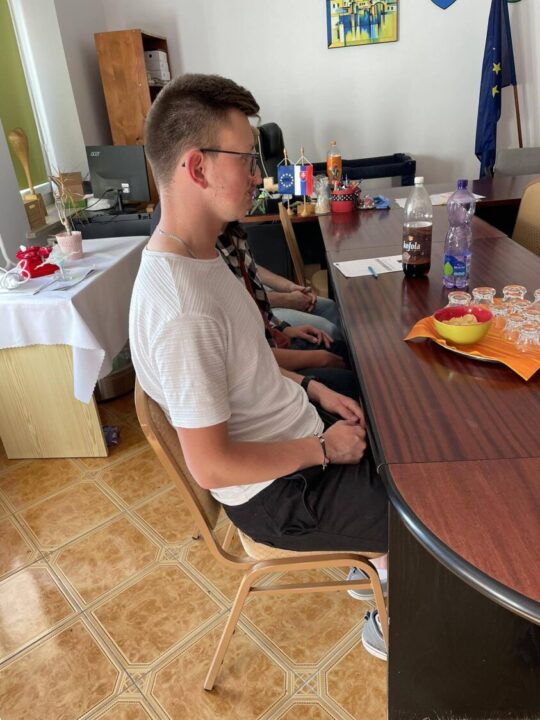Focus Groups
To add a qualitative and in-depth aspect to the numerous citizens´ consultations, part of our research was conducted in the format of closed-off Focus Groups. We conducted 17 focus groups across the Czech Republic, Hungary, Poland, and Slovakia. In each country, there was a minimum of 30 participants. Based on the results of the previously conducted citizens´ consultations in all four project countries, the participants for the focus groups were recruited based on pre-defined criteria that targeted the “grey zone” in each of the societies – those who are lukewarm supporters of the EU but simultaneously politically active. The reason for this was to approach undecided voters that would have an impact on potential EU membership referenda.
For the focus groups we created a standardized script focusing on four project topics – migration, Next GenerationEU (the EU´s financial response to the covid-19 pandemic), climate, and Rule of Law. The goal was to test argumentation strategies and narratives that could be employed in each country to explain various EU policies connected to the aforementioned dossiers. Each of the sessions was split into two parts – firstly a brainstorming, followed by a moderated discussion about the fake articles presenting a concrete narrative.
The fake articles used:
The EU will jointly borrow money to help with post-COVID recovery
The new Next Generation EU Fund will provide national states with enough funding to help its economies recover after the pandemic. The EU will pay XXXX (specify state) to invest in secure and green energy as well as digital services.
EU Border Guard significantly reduced migration flows
Thanks to the EU Border guard, the number of daily irregular arrivals significantly dropped. It is the first tangible result of decision made in 2019.
Decarbonisation means energy independence
A rapid development of new renewable sources of energy will ensure independence from fossil fuels suppliers. It will therefore prevent future energy crisis should Russia or Persian Gulf states decide to stop deliveries of gas and oil.
Stopping EU funds means protecting freedom and democracy
The threat of not giving EU funds due to violation of the rule of law is not to punish everyday people. It will only put pressure on corrupt political elite to set proper political processes that will ensure the money is spent well and helps ordinary citizens.
Some of the main findings, based on the topics, are:
- Climate: A quite broad agreement that climate is changing; however, a significant number of individuals voiced their doubts that it is the most important problem to address currently and to what extent it is the result of human activities. Concerns were also raised as to how decarbonisation will influence their daily life and wealth.
- Migration: Generally perceived with caution, although respondents were able to differentiate between various types of migration. Strong rejections remain towards arrivals of migrants from so-called “incompatible” cultures, such as the Middle East or Africa.
- Rule of Law: General confusion about what exactly the term means. Respondents could also not agree to what extent the EU should be active in this area and whether the entire debate is not misused to influence domestic politics. On the other hand, respondents declared that democracy, independent judiciary etc. are essential qualities of their political systems.
- Post-Covid recovery: Respondents often did not understand why the EU effort is concentrated on digital and green investment. They obviously appreciated EU’s money but would rather the sources be focused on filling gaps in the health care and SMEs.



